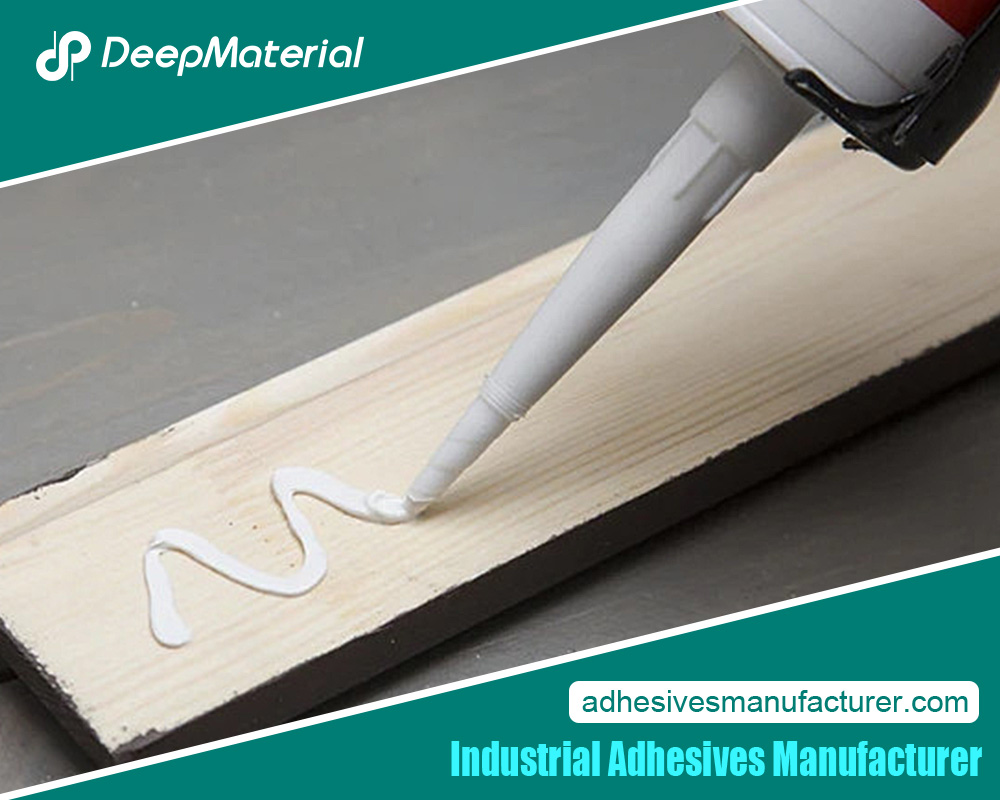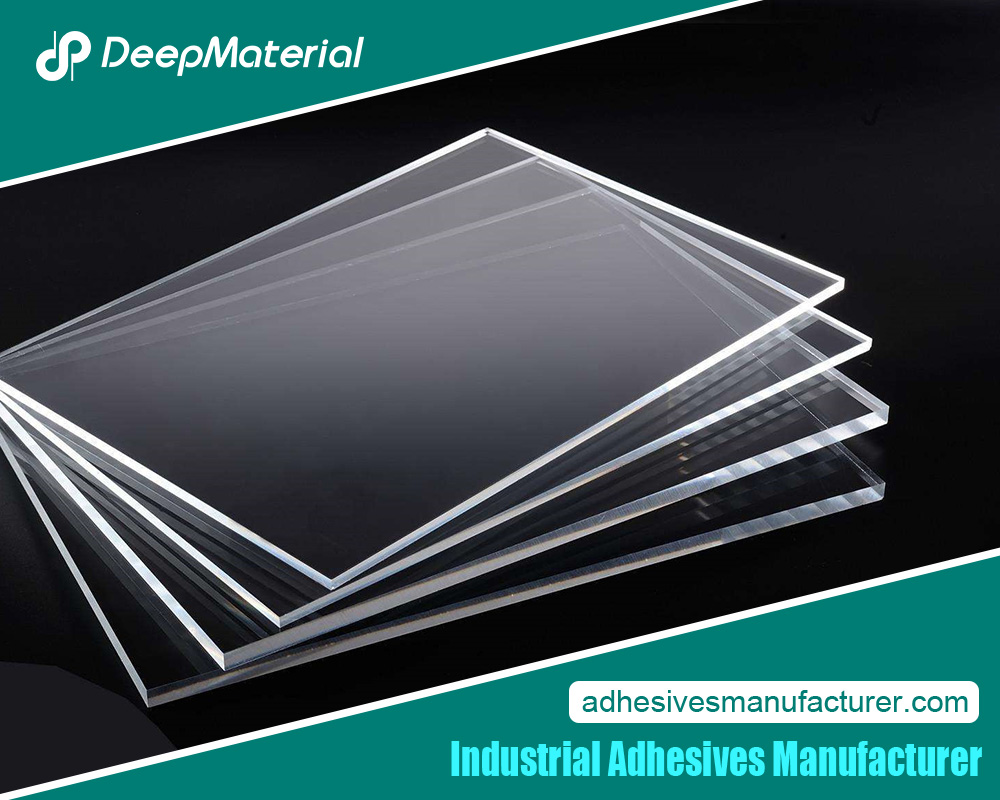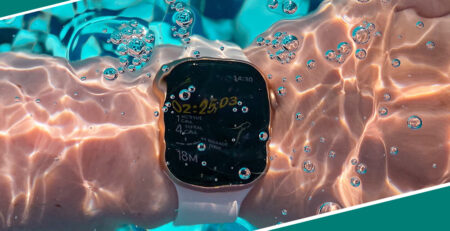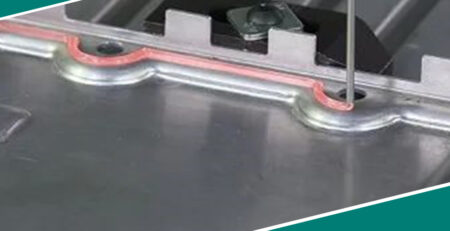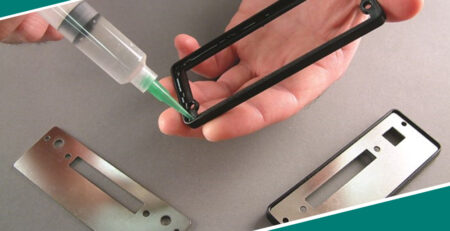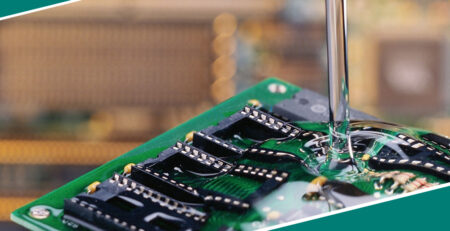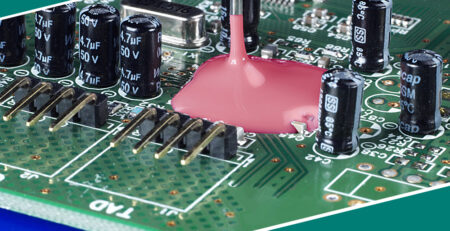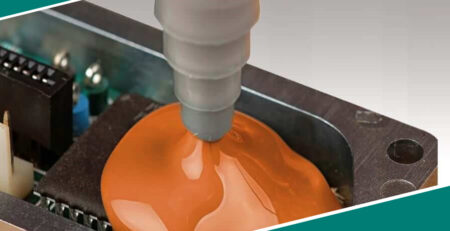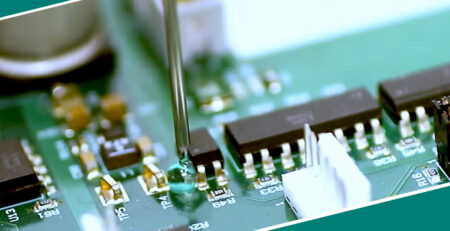Industrial Electronic Adhesives Suppliers: A Guide to Selection, Applications, and Trends
Industrial Electronic Adhesives Suppliers: A Guide to Selection, Applications, and Trends
In electronics manufacturing, adhesives ensure reliability, durability, and performance. The demand for electronic adhesives has surged as industries increasingly prioritize efficiency, miniaturization, and enhanced product connectivity. Industrial electronic adhesives suppliers specialize in providing materials designed to meet the unique demands of electronics, from circuit boards and semiconductors to consumer electronics and automotive systems. This article will explore the roles, types, applications, and key considerations when choosing industrial electronic adhesive suppliers, as well as the latest trends influencing this dynamic market.
Understanding Industrial Electronic Adhesives
Electronic adhesives are specialized compounds designed to bond electronic components, insulate, or protect them from various environmental factors. They differ significantly from standard adhesives as they often require specific properties such as conductivity, thermal resistance, and flexibility to meet the demands of complex electronic assemblies. Suppliers of industrial electronic adhesives provide a range of formulations tailored for various applications and industries.
Critical Properties of Industrial Electronic Adhesives
- Electrical Conductivity: Essential for connecting electronic circuits and components.
- Thermal Conductivity: Critical for heat dissipation in high-performance applications.
- Dielectric Strength:Important for insulating electronic components from electrical interference.
- Flexibility: Necessary for products that undergo stress, vibration, or thermal expansion.
- Resistance to Environmental Factors: Required for durability in extreme temperatures, humidity, and chemical exposure.
Types of Industrial Electronic Adhesives
Industrial electronic adhesives come in many formulations, each offering unique benefits depending on the application. Suppliers categorize adhesives based on their composition, curing methods, and specific properties.
Epoxy Adhesives
- Epoxy adhesives are commonly used in electronic assemblies due to their excellent bonding strength, heat, chemicals, and moisture resistance. They are ideal for applications where high mechanical strength and rigidity are required, such as in printed circuit boards (PCBs) and encapsulation.
Silicone Adhesives
- Silicone-based adhesives offer excellent flexibility and resistance to temperature extremes, making them suitable for components exposed to thermal cycling. Their durability and weather resistance make them a preferred choice for outdoor and automotive electronics.
Polyurethane Adhesives
- Known for their flexibility and durability, polyurethane adhesives are often used in applications that demand impact resistance and elasticity. They perform well in high-vibration environments, making them ideal for automotive and industrial applications.
Acrylic Adhesives
- Acrylic adhesives provide fast curing times and strong adhesion to various surfaces. They are commonly used for applications requiring rapid assembly and curing and in products that require resistance to environmental factors like UV light and moisture.
Conductive Adhesives
- These adhesives, often made with silver or other conductive particles, bond components where electrical conductivity is essential. They are typically applied in microelectronics, LED manufacturing, and flexible electronics.
Factors to Consider When Choosing Industrial Electronic Adhesives Suppliers
Selecting the right supplier for electronic adhesives can be challenging, as it requires a thorough evaluation of the supplier’s capabilities, expertise, and product range. Here are several factors to consider when choosing an industrial electronic adhesives supplier.
Product Variety and Specialization
- Evaluate whether the supplier offers a comprehensive range of adhesives for various electronic applications.
- Consider if they provide specialized adhesives, such as thermally or electrically conductive options, to meet your unique application needs.
Technical Expertise and Support
- Look for suppliers who offer technical support, from adhesive selection to application advice and troubleshooting.
- Suppliers with extensive knowledge in electronics manufacturing can guide customers on product use and recommend alternatives when needed.
Quality Assurance and Compliance
- Ensure the supplier complies with industry standards, such as ISO certifications, indicating consistent product quality.
- Check if their adhesives meet the relevant environmental and health safety regulatory requirements.
Research and Development Capabilities
- Suppliers with strong R&D capabilities can provide innovative solutions tailored to emerging trends, such as miniaturization and sustainability.
- A focus on R&D often indicates that the supplier is committed to adapting to changing industry needs.
Sustainability and Environmental Impact
- Many electronics manufacturers prioritize suppliers with environmentally friendly adhesive formulations.
- Ask suppliers about their initiatives for eco-friendly products, such as water-based adhesives, low-VOC options, or adhesives made from renewable resources.
Critical Applications of Industrial Electronic Adhesives
Industrial electronic adhesives are indispensable across various industries, including automotive, consumer electronics, medical devices, and telecommunications. Each application demands adhesives with specific characteristics, from electrical conductivity to heat resistance.
Printed Circuit Boards (PCBs)
- Adhesives compel components on PCBs, encapsulate parts, and ensureensuressipation.
- PCB applications require adhesives with thermal solid conductivity and chemical resistance.
Semiconductor Manufacturing
- Semiconductor devices require adhesives that provide precise bonding, electrical insulation, and moisture protection.
- Conductive adhesives are often used in semiconductor packaging to maintain connectivity.
LED and Display Technology
- In LED manufacturing, adhesives play a role in bonding, heat dissipation, and moisture protection.
- Industrial electronic adhesives used in displays must maintain optical clarity and thermal management.
Automotive Electronics
- Automotive applications, such as engine control units, sensors, and infotainment systems, require high heat resistance and durability adhesives.
- These adhesives must withstand vibrations and thermal cycling in extreme environmental conditions.
Medical Device Electronics
- Adhesives used in medical devices, such as monitors and wearable electronics, must meet strict biocompatibility standards.
- They should provide secure bonding while being resistant to sterilization processes.
Emerging Trends in the Industrial Electronic Adhesives Market
The industrial electronic adhesives market is evolving rapidly as new technologies and market demands shape product development. Here are some emerging trends influencing industrial electronic adhesives suppliers and their products.
Increased Demand for Miniaturized Adhesives
- As electronic devices become smaller and more complex, there is a growing need for adhesives that can bond microscopic components without compromising performance.
- Suppliers are developing formulations with enhanced precision for microelectronics and wearable technologies.
Thermal Management Solutions
- With the rise of high-power electronics, effective thermal management is critical. Adhesives that facilitate heat dissipation are becoming essential for high-performance devices.
- Suppliers focus on thermally conductive adhesives to meet this demand, particularly for automotive and consumer electronics applications.
Flexible and Stretchable Adhesives
- The growing popularity of flexible electronics has spurred the need for adhesives that maintain performance even when bent or stretched.
- Stretchable adhesive formulations are especially relevant for wearable devices, foldable smartphones, and flexible display technologies.
Sustainability Initiatives
- As environmental regulations tighten, suppliers shift towards eco-friendly adhesive options that reduce volatile organic compounds (VOCs) and rely on sustainable raw materials.
- Biodegradable and recyclable adhesives are gaining attention as industries prioritize sustainability.
Smart and Functional Adhesives
- Electronics industry innovation is emerging in “smart” adhesives that change properties based on temperature or pressure.
- These functional adhesives can enhance device reliability by adapting to environmental changes, and they may find applications in future electronics and IoT devices.
How to Evaluate an Industrial Electronic Adhesives Supplier
A structured evaluation process can help businesses select the right supplier, ensuring they meet specific requirements and industry standards. Here’s a checklist for evaluating potential suppliers of industrial electronic adhesives:
- Assess Product Compatibility: Check whether the supplier’s adhesives, such as thermal, conductive, or moisture-resistant, meet your specific application needs.
- Review Quality Control Standards:Ensure the supplier has a stringent quality assurance process to deliver consistent and reliable products.
- Evaluate Lead Times and Delivery: Verify that the supplier can meet your production timelines and offer reliable delivery schedules.
- Request Samples and Trials: Before committing, request adhesive samples to test performance under real-world conditions.
- Analyze Cost-Effectiveness:Consider not only the price of the adhesive but also its impact on manufacturing efficiency and product longevity.
Conclusion
Choosing the right industrial electronic adhesives supplier is essential for ensuring the durability and reliability of electronic products. Suppliers who offer a wide range of adhesive options, technical support, and innovative solutions tailored to industry trends can add significant value to manufacturers. As industries embrace miniaturization, sustainability, and flexible electronics, the demand for specialized adhesives will continue to grow. By understanding the types, applications, and emerging trends in electronic adhesives, businesses can make informed decisions that enhance their product performance and long-term competitiveness.
For more about a complete guide to industrial electronic adhesives suppliers: a guide to selection, applications, and trends, you can pay a visit to Deepmaterial at https://www.adhesivesmanufacturer.com/ for more info.


